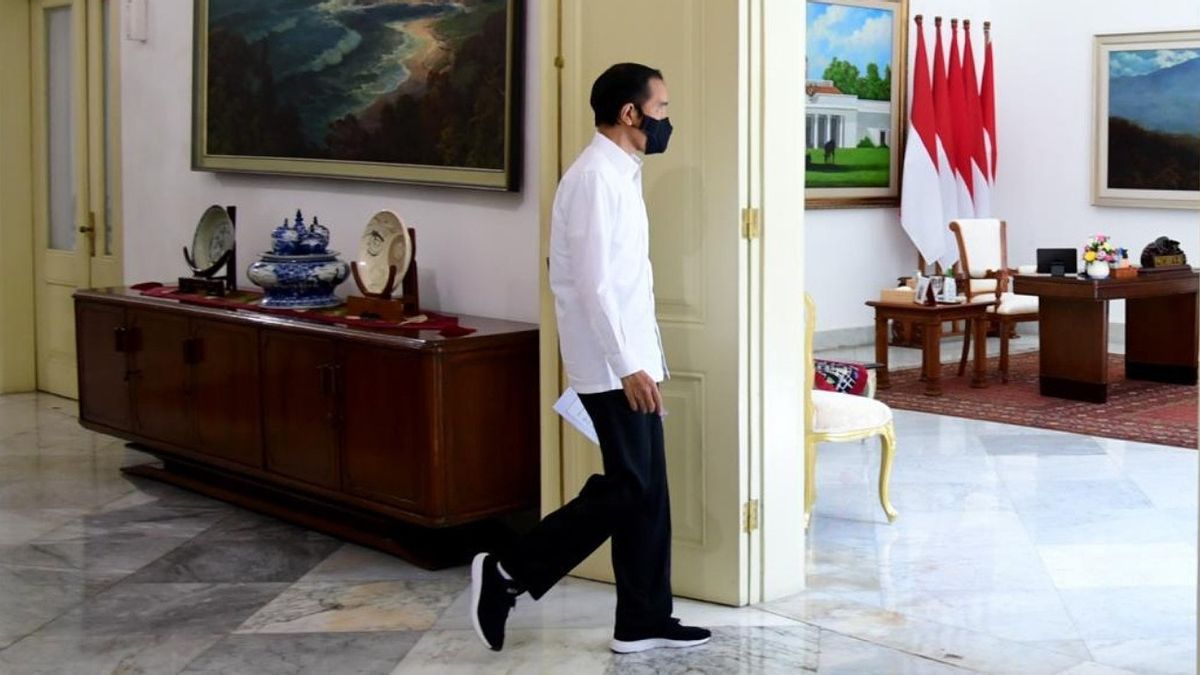JAKARTA - The COVID-19 pandemic is forcing Indonesia and hundreds of countries in the world to turn upside down to overcome the tremendous impact of the pandemic. World data, millions of people died, tens of millions of people were infected. The global economy is on the verge of recession. This condition encourages the government to change the budget allocation on a large scale.
The 2020 State Budget (APBN) has even been changed twice from a deficit of 5.07 percent to 6.34 percent of gross domestic product (GDP). The government also increased the budget allocation for handling COVID-19 from Rp. 677.2 trillion to Rp. 695.20 trillion. This increase occurred due to the increasing need for corporations and regions in the midst of efforts to recover COVID-19.
Of this amount, around Rp. 87.55 trillion was focused on health. While the rest is allocated to handle social protection of Rp.203.90 trillion, support for micro, small and medium enterprises (MSMEs) Rp.123.46 trillion, the business world Rp120.61 trillion, and local governments (Pemda) Rp.106.11 trillion.
"The ferocity of the spread of COVID-19 has forced the government to change its budget allocation on a large scale to deal with this epidemic. The 2020 state budget prepared before the pandemic had to be revised because it could not answer the emergency needs of handling the situation," the Government said in its 2020 Annual Report, quoted from the website KSPI , Tuesday, October 20.
The government has also prepared a legal umbrella to deal with this emergency, namely Perpu Number 1 of 2020 which later became Law Number 2 of 2020 concerning State Financial Policy and Financial System Stability for Handling COVID-19.
This financial policy is considered to provide flexibility for the government to respond to extraordinary situations.
The regulation also provides a relaxation of the deficit given that the need for state spending to deal with COVID-19 increases when state revenues decline.
The government in the draft national revenue and expenditure budget (RAPBN) has also allocated a similar budget item worth Rp. 169.7 trillion, considering that the impact of the pandemic is suspected to be ongoing until 2021.
Not only that, the government has also decided that the deficit relaxation policy will continue in 2021. Amid the threat of global and domestic uncertainty, the government remains focused on efforts to save COVID-19, accelerate economic recovery and strengthen reforms.
Various Incentives Present
To reduce the impact of COVID-19, the government also provides various incentives for small and medium entrepreneurs. Starting from working capital credit loans of Rp. 100 trillion for 5.3 million recipients to subsidized loan interest rates for 60.66 million beneficiaries.
It is not enough, the government also provides tax incentives and placement of government funds in banks for restructuring of MSME debtors worth IDR 123.46 trillion.
Other concessions were also provided in the form of a three-month waiver of electricity costs for 24 million 450VA electricity customers, and a 50 percent discount for 7 million subsidized 900VA customers.
"Community groups also receive attention. The government has prepared a budget of Rp. 26.5 billion for cultural actors. Not to forget, the media industry as a partner of the government is given a number of incentives," the government explained.
The incentives referred to include cutting BPJS dues by up to 99 percent, abolishing paper taxes, and allocating funds for the socialization campaign against COVID-19.
The English, Chinese, Japanese, Arabic, and French versions are automatically generated by the AI. So there may still be inaccuracies in translating, please always see Indonesian as our main language. (system supported by DigitalSiber.id)













